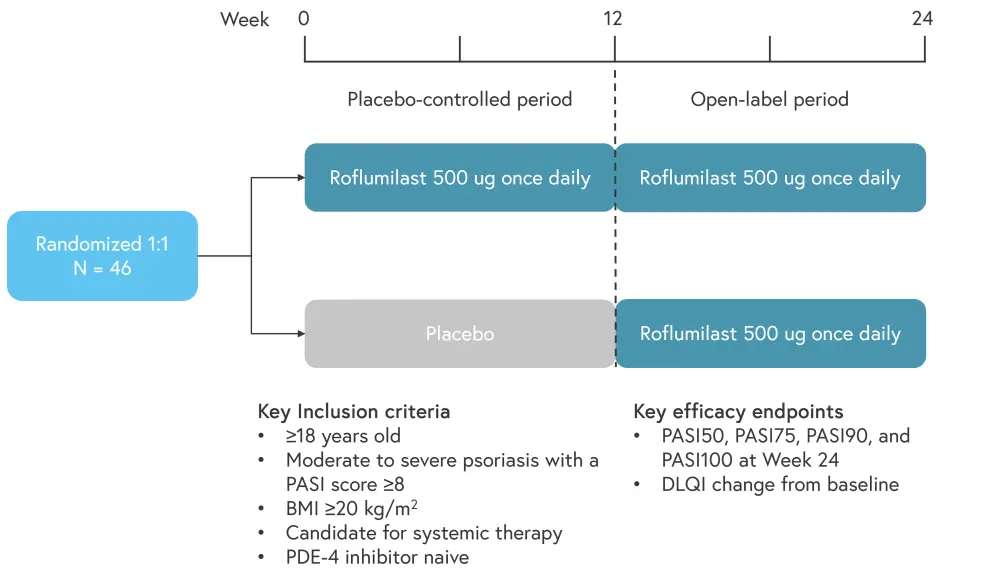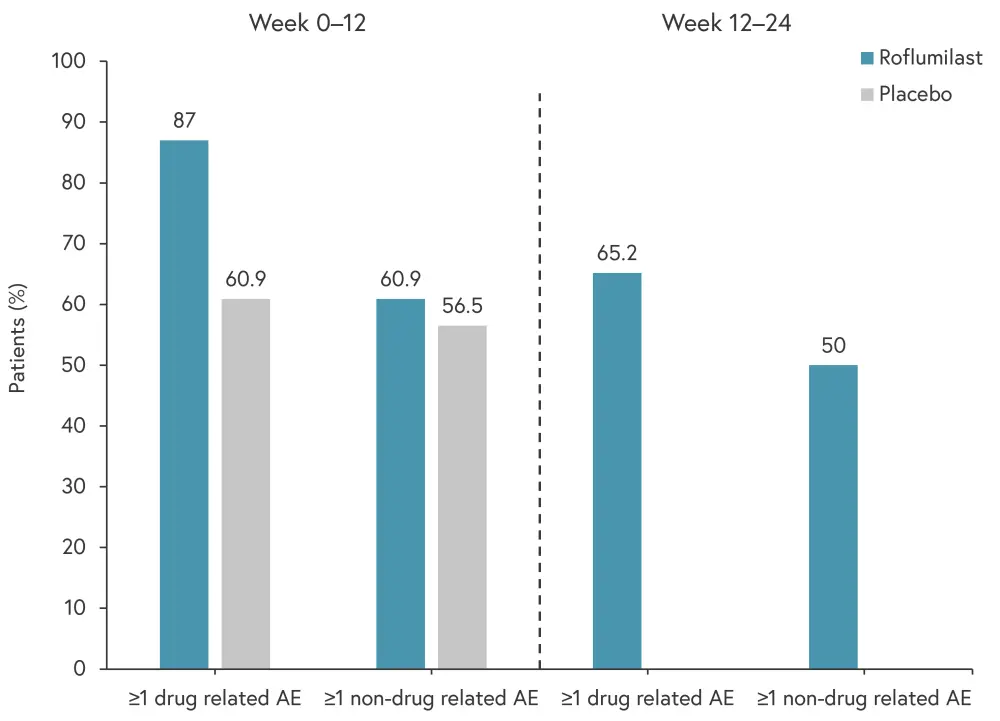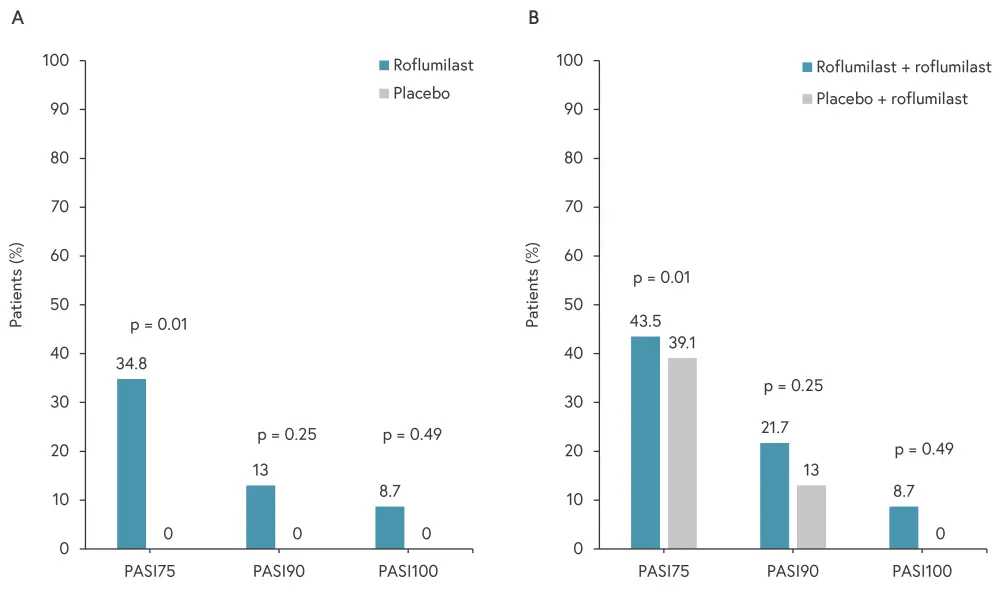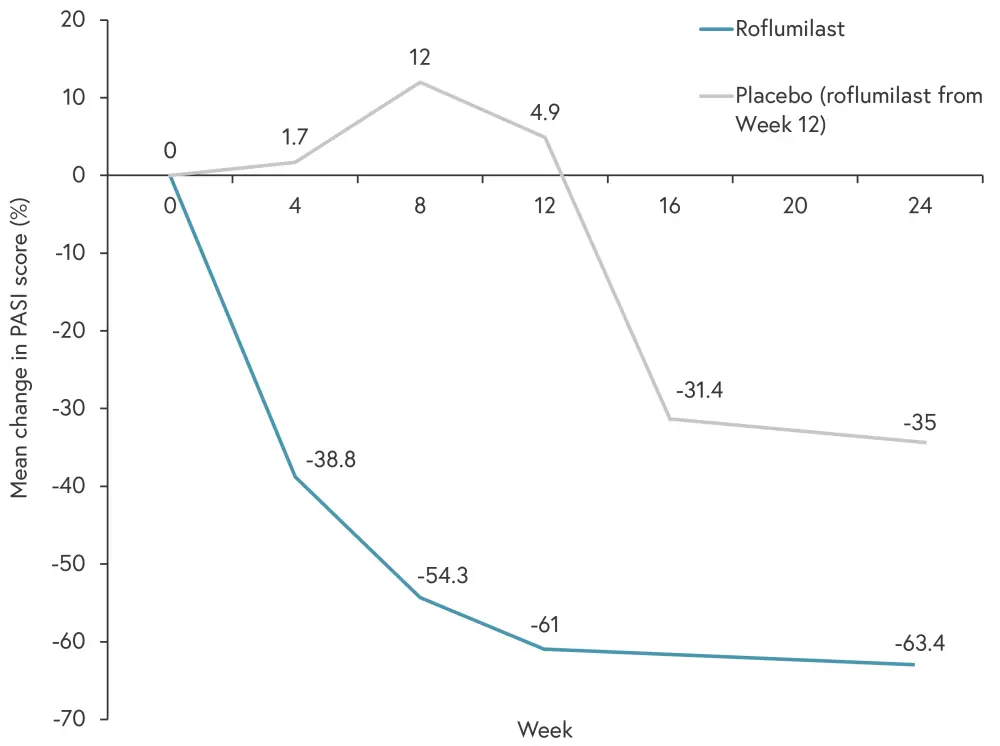All content on this site is intended for healthcare professionals only. By acknowledging this message and accessing the information on this website you are confirming that you are a Healthcare Professional.
The pso Hub website uses a third-party service provided by Google that dynamically translates web content. Translations are machine generated, so may not be an exact or complete translation, and the pso Hub cannot guarantee the accuracy of translated content. The pso and its employees will not be liable for any direct, indirect, or consequential damages (even if foreseeable) resulting from use of the Google Translate feature. For further support with Google Translate, visit Google Translate Help.
The PsOPsA Hub is an independent medical education platform, supported by educational grants. We would like to express our gratitude to the following companies for their support: UCB, for website development, launch, and ongoing maintenance; UCB, for educational content and news updates. Funders are allowed no direct influence on our content. The levels of sponsorship listed are reflective of the amount of funding given.
Now you can support HCPs in making informed decisions for their patients
Your contribution helps us continuously deliver expertly curated content to HCPs worldwide. You will also have the opportunity to make a content suggestion for consideration and receive updates on the impact contributions are making to our content.
Find out more
Create an account and access these new features:
Bookmark content to read later
Select your specific areas of interest
View psoriasis and psoriatic arthritis content recommended for you
The safety and efficacy of oral roflumilast for plaque psoriasis
Do you know... The primary endpoint of the study, achievement of PASI75 at Week 12, was met. How many roflumilast treated patients achieved PASI75 at Week 12?
Roflumilast, a phosphodiesterase-4 inhibitor, is currently approved for use in severe chronic obstructive pulmonary disease, with generics available in the United States.1 While topical roflumilast has also been approved for plaque psoriasis, the potential of systemic roflumilast in patients with psoriasis is unknown.1
A randomized, double-blind, placebo-controlled trial (PSORRO; NCT04549870) in patients with moderate-to-severe plaque psoriasis investigated the safety and efficacy of oral roflumilast over 24 weeks).1
Study design1
Patients received either roflumilast 500 μg or placebo once daily, with no dose titration used. The primary endpoint of a 75% improvement in Psoriasis Area and Severity Index (PASI75) was assessed at Week 12, after which all patients were transitioned to roflumilast treatment. The study design is shown in Figure 1.
Figure 1. Study design*

BMI, body mass index; PASI50, 50% improvement in Psoriasis Area and Severity Index; PASI75, 75% improvement in PASI; PASI90, 90% improvement in PASI; PASI100, 100% improvement in PASI.
*Adapted from Egeberg.1
Results1
The majority of patients in both treatment arms were male, with all patients being Caucasian. Patient characteristics at baseline are shown in Table 1.
Table 1. Baseline patient characteristics*
|
PASI, Psoriasis Area and Severity Index. |
||
|
Characteristic, % (unless |
Roflumilast (n = 23) |
Placebo (n = 23) |
|---|---|---|
|
Median age, years |
38.0 |
39.0 |
|
Male |
65.2 |
82.6 |
|
Caucasian |
100 |
100 |
|
Median psoriasis duration, |
16.0 |
16.0 |
|
Mean weight, kg |
102 |
105.1 |
|
Previous systemic therapy |
|
|
|
Any |
65.2 |
69.6 |
|
Non-biologic |
65.2 |
69.6 |
|
Biologic |
8.7 |
13.0 |
|
Median PASI score |
10.9 |
10.6 |
Safety
Roflumilast was generally well tolerated. The most common adverse events up to Week 12 were weight loss, occurring 82.6% and 39.1% of patients receiving roflumilast and placebo, respectively; and reduced appetite, occurring in 60.9% and 43.5%, respectively. The incidence of adverse events up to Week 24 is shown in Figure 2.
Figure 2. Incidence of adverse events from baseline to Week 24*

AE, adverse event.
*Adapted from Egeberg.1
Efficacy
The primary endpoint of the study was met, with 34.8% of patients who had been treated with roflumilast achieving PASI75 at Week 12. The percentage of patients in both treatment arms achieving PASI75, PASI90, and PASI100 up to Week 24 is shown in Figure 3.
Figure 3. A PASI response at Week 12 and B PASI responses at Week 24*

PASI75, 75% improvement in Psoriasis Area and Severity Index; PASI90, 90% improvement in PASI; PASI 100, 100% improvement in PASI.
*Adapted from Egeberg.1
Patients treated with roflumilast had a consistent improvement in PASI score over 24 weeks. Patients treated with placebo experienced an increase in PASI score, which then decreased from Week 12 after switching to roflumilast, as shown in Figure 4.
Figure 4. Mean change in PASI score over 24 weeks*

PASI, Psoriasis Area and Severity Index.
*Adapted from Egeberg.1
Conclusion
This study demonstrated that oral roflumilast is safe up to 24 weeks in patients with plaque psoriasis, with the primary endpoint of PASI75 at Week 12 met.1 Adverse events were mostly mild, with no new safety signals at Week 24; however, limitations of the study included its small cohort size and lack of a comparator drug. In addition, this study only measured up to 24 weeks of treatment; therefore, further long-term trials are needed to provide additional safety and efficacy data. Oral roflumilast is already available in generic versions for other indications, it could therefore be a treatment option for patients with plaque psoriasis who may have difficulty accessing more expensive treatment options.1
References
Please indicate your level of agreement with the following statements:
The content was clear and easy to understand
The content addressed the learning objectives
The content was relevant to my practice
I will change my clinical practice as a result of this content
Your opinion matters
On average, how many patients with plaque psoriasis do you see per month?

